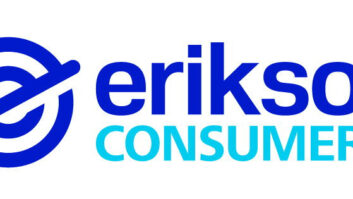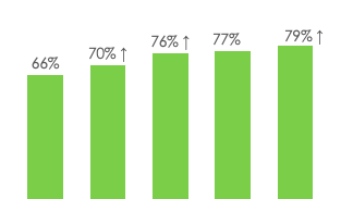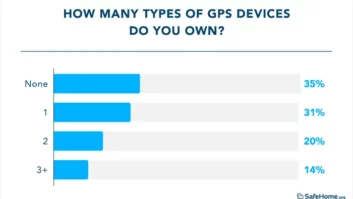TWICE:
Will the consumer psyche ever fully recover from
the recession, even after the economy does?
Michael Vitelli, Best Buy:
I’m not an economist or a
psychologist, but I think the answer to that is no. This
has had a profound impact on a lot of people. My grandparents
were from the Great Depression and that’s all
you heard about for many, many years.
When I look at my generation, whatever that is, we
grew up in a period of tremendous prosperity.
Then all of a sudden, as we’re all starting to
think about retiring, that has all changed
materially. It’s not a trivial change in people’s
lives, and I think it will have a lasting
psychological impact.
TWICE:
David, your business caters to a
celebrity clientele. Has the recession changed
their buying habits as well?
David Pidgeon, Starpower:
Oh sure, and I’ll
give you an example without using a name. We have a
relationship with the Dallas Mavericks and work with
all of the players. One of the new Mavericks, a great
guy, was giving us an order, but he said somebody else
gave him a bid that was $20,000 less. Usually pro basketball
players don’t really care what they spend, but he
said there had to be a negotiation. In the past that never
would have been.
I recently had a guy in, a friend, wanting an extra $500
off. I was like, “The $3,000 suit and the brand-new 600
Mercedes is telling me you don’t really need the extra
discount.” He said he knew he shouldn’t have driven
here with the new car.
That’s what we live in right now, and it doesn’t matter
who the client is. The bigger the client, the more they
expect at this point.
People are doing stupid things for no reason, that’s
what’s causing it, and it’s creating a lot of confusion
over price. We sit around the table
looking at TV prices that we haven’t seen
in our whole lifetime, and then you have
a customer come in when something’s
marked at cost because you’re trying
to match a price leader, and they ask for
$100 off that. You look at them like “Are
you crazy?” People don’t understand, and
it’s our fault. We have shoved all of these low
prices at them, and their thought process is, “Hey, I’ll
just keep going lower because whatever it is, I can get
it for less.”
A way to get away from that is the use of “free,” or the
bundle, because in tough times people want a reason to
buy and they want something for free. But I don’t think
our customers realize the value of a TV right now compared
to other consumer products. Our industry ought
to concentrate on showing the value we offer rather
than focusing on price.
Fred Towns, New Age Electronics:
Part of that is also
the Google search mentality. We all carry smartphones
today, and shoppers are so well-equipped walking into
a retailer that they can in one second pull up in their
hand what a search engine says is the best price out
there. You see it in the car business too. People come
in now and know the Blue Book value and what the best
prices are anywhere in the United States for a vehicle.
They also know what to say and ask. They are armed differently
to attack a retailer, and we forget about that. I
saw a lot of people over the holidays looking at a TV in
a store and then punching in the model number to see
if that was really a great price or not.
Gilbert Fiorentino, Systemax:
That is one of the
greatest challenges we face in the next couple of years.
There is an Apple app called Red Laser where you can
just scan a barcode. There’s one for the Blackberry
called Edocrab, which is barcode spelled backward, and
I even fi nd myself using it. I was in a bookstore with my
daughter, who needed an otoscope for medical school.
I scanned the barcode. It was $360 in the bookstore,
and Amazon had it for $160.
It’s very hard to stand in a retail establishment and not
order this right now on my Blackberry for $160 and have it
in two days. But what happens when that bookstore can’t afford to carry that otoscope anymore
because everybody is doing the same
thing, and they can’t make the margin
that’s required to carry that? They’re
not going to bundle it with a scalpel.
What’s going to happen at that
point is we will see more deterioration
in our space. That is one of the
greatest challenges we are going to
see in the next fi ve years. How are we,
as retailers, going to continue to generate
margin when there are very, very
low-cost suppliers who can provide
things to customers in a few days with
no shipping, and no sales tax for that
matter. It’s very, very aggressive compared
to a retail mode.
Dave Workman, PRO Group:
That
was one of the unique aspects of the
recession. Conspicuous consumption
went out of vogue, and it was really
hit from two sides: You had the baseline
unemployment numbers and the
upper end of the market, which was
traditionally more recession proof.
Everybody was to whatever degree
trading down in their decision making,
and the challenges were exacerbated
by that dual affect. At the same
time with all of the pricing pressures
and everybody chasing that business,
it’s no surprise that the results were
what they were for the year.













